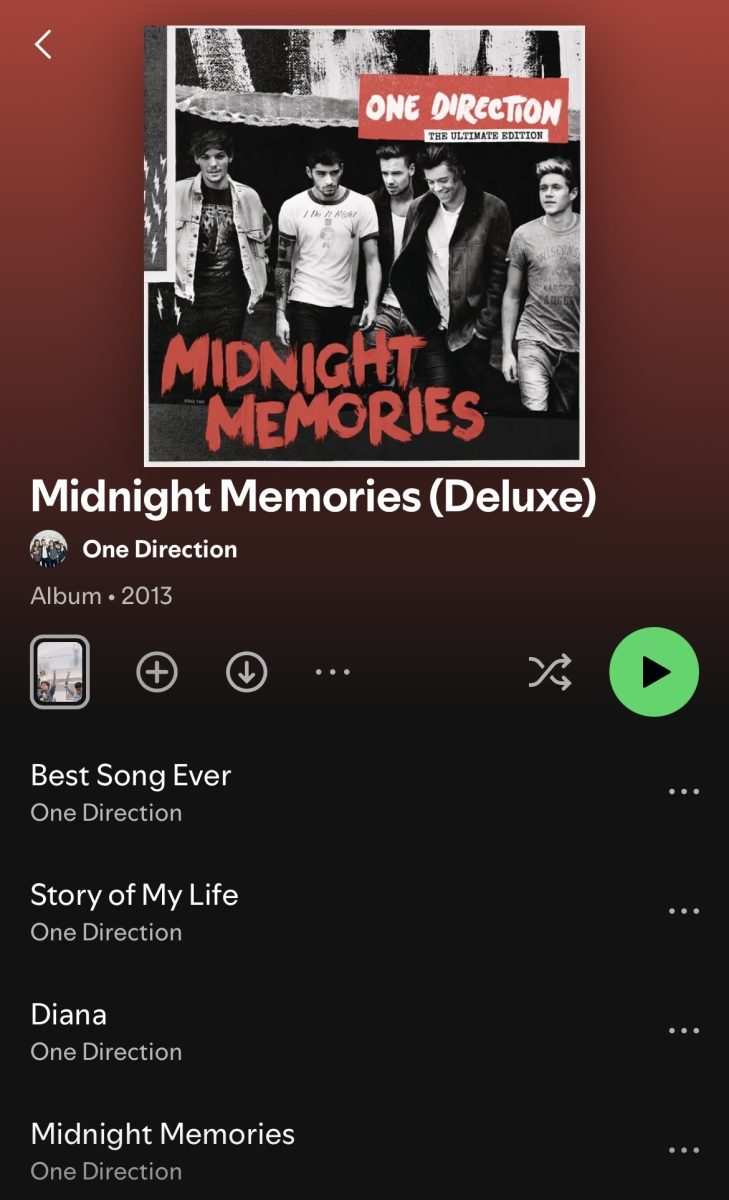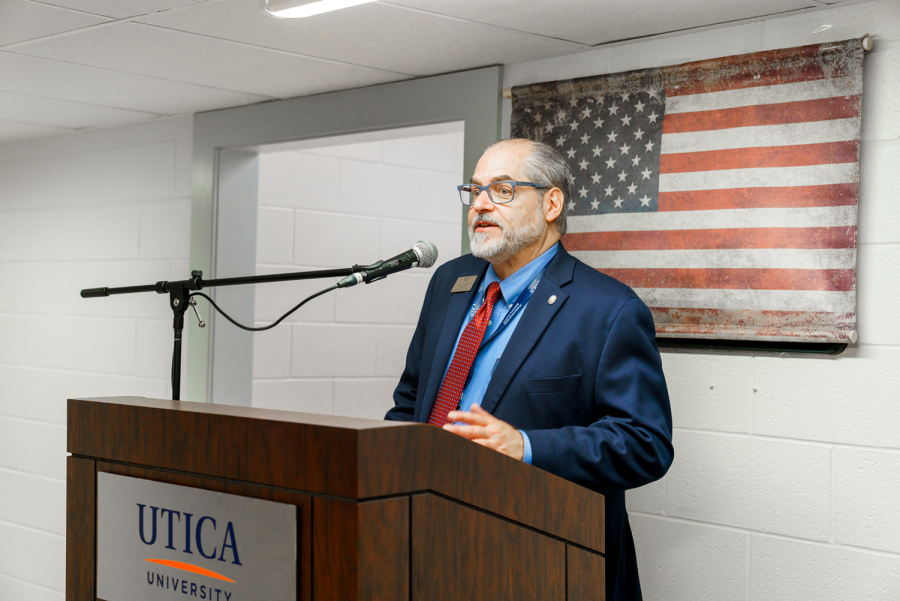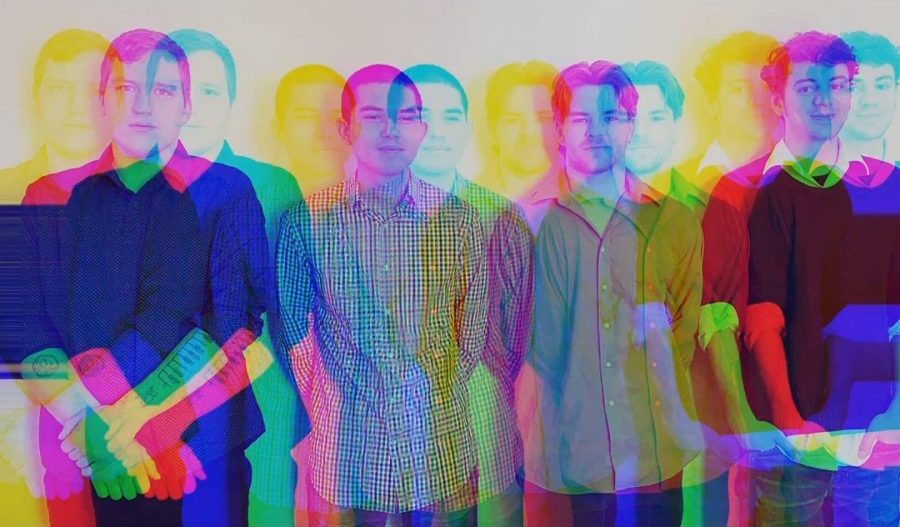It was just a few years ago that Marvel’s new hit Black Panther hit theaters across the globe. The Black Panther made his return to popular culture for the first time since 1966 after the character’s first feature in the comic book world, being showcased in Fantastic Four Vol. 1, in Issue 52.
The film grew fast, making $700 million domestically in the first weekend, while an additional $640 million came in during an international run in the theaters.
Leading this role is Chadwick Boseman as the Black Panther; a then 41-year-old man coming off of a five-year deal with Marvel to act in their pictures.
Yet, Boseman’s legacy extended before his fame from Black Panther. Boseman played roles in films such as 42, 21 Bridges and The Draft Day, years after grinding through acting courses at Howard University and ultimately receiving his Bachelor of Fine Art in directing.
The common ground in all of Boseman’s films is his amplification of black voices, and strong black lead roles. Let’s take it back to his role in 42 playing legendary ballplayer Jackie Robinson, whose success story involved overcoming the hurdles of baseball and discrimination within the sport and in his community.
It was said that Boseman played the lead role in 42 so well that Rachel Robinson said that he brought Jackie back to life again.
“He was a leader for black people, it’s really as simple as that,” Freshman Jakai Mckay said.
Boseman’s story and motivation for success count in a long list of the exemplary characteristics that he held. When diagnosed with stage III colon cancer in 2016, Boseman still played the lead role in Black Panther and reportedly visited St. Jude Children’s Hospital in Tennessee, to help bring a smile to the faces of others.
“He [Boseman] was just such an inspiration,” Senior Mercedes Steele said. “He still did so much for himself and others even when he was sick. He stayed true to himself. He gave black people someone to look at on the screen and be able to relate to. That’s power.”
In his young career, Boseman spoke on discrimination, stereotypes and always keeping on the path toward a dream. On the fight against racial injustice, something that is still very active around us, he’s noted for saying the following:
“Sometimes you need to get knocked down before you can figure out what your fight is and how you need to fight,” Boseman said.
Steele has a dream of her own, to one day become an agent in the Federal Bureau of Investigation. She understands that it’s a long road to get to where she wants to be, but people like Boseman have helped keep her focus on what she wants to accomplish.
“It’s definitely nerve-racking to be a person of color pursuing the FBI,” Steele said. “Boseman’s role in his movies, especially Black Panther, speak to me. He tells me to rise up despite the challenges that are around me and around us.”
Boseman went on to win six best actor awards from various organizations after his role in Black Panther. More importantly, according to Steele, he became a leader and a symbol for a host of individuals.
“He created his own story,” Steele said. “He’s also a guide on the path to create mine.”









































































































































